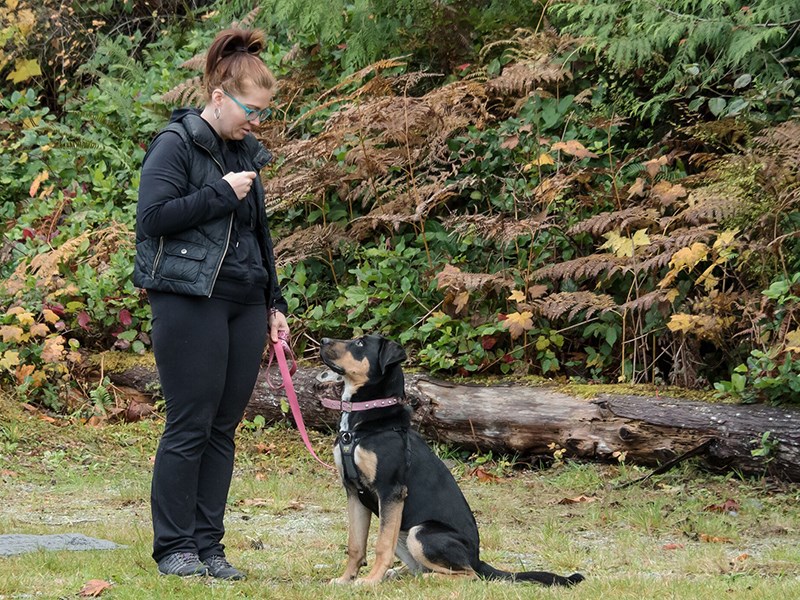Well-socialized puppies grow up to be happy, confident, resilient dogs who see the world as a good and safe place.
Everyone knows puppies need to be socialized. It’s less well known that socialization is more than exposure to new things. Socialization should be a positive experience for the puppy. They need to learn to feel safe and comfortable in the world.
Good feelings and experiences will create the confident and resilient adult dogs we want our puppies to become.
Key points to keep in mind when socializing your puppy:
Build a bank account of positive interactions
These include with people, dogs and things in the environment (noises, surfaces and objects). Use food, play, affection, praise and anything else your puppy loves to create positive associations. Quality is more important than quantity. For example, it would be better for your puppy to have positive interactions with five dogs than to meet 50 dogs and have some bad experiences. A bad experience has the potential to affect your puppy for life.
Always give your puppy a way to say no
Introduce new dogs, people and things at a distance that is comfortable for the puppy and let him/her choose not to interact if he/she is not ready for the experience. Never lure puppies toward something they are afraid or unsure of, or force them to say hello if they don’t want to. Let puppies make their own choice in their own time.
Help your puppy be brave
When encountering new things, set them up so your puppy can safely explore new or unfamiliar environments. By doing the unexpected, your puppy will learn not to be afraid when something strange happens. For example, take a familiar household item, a kitchen stool for example, and put it in the living room and let him/her safely explore it. Wear a pot on your head when you are giving them dinner.
Sandy Middleton is a dog trainer and behaviour consultant based in the qathet region. For more information, go to bestfriendsdogtraining.ca.
Join the Peak's email list for the top headlines right in your inbox Monday to Friday.



